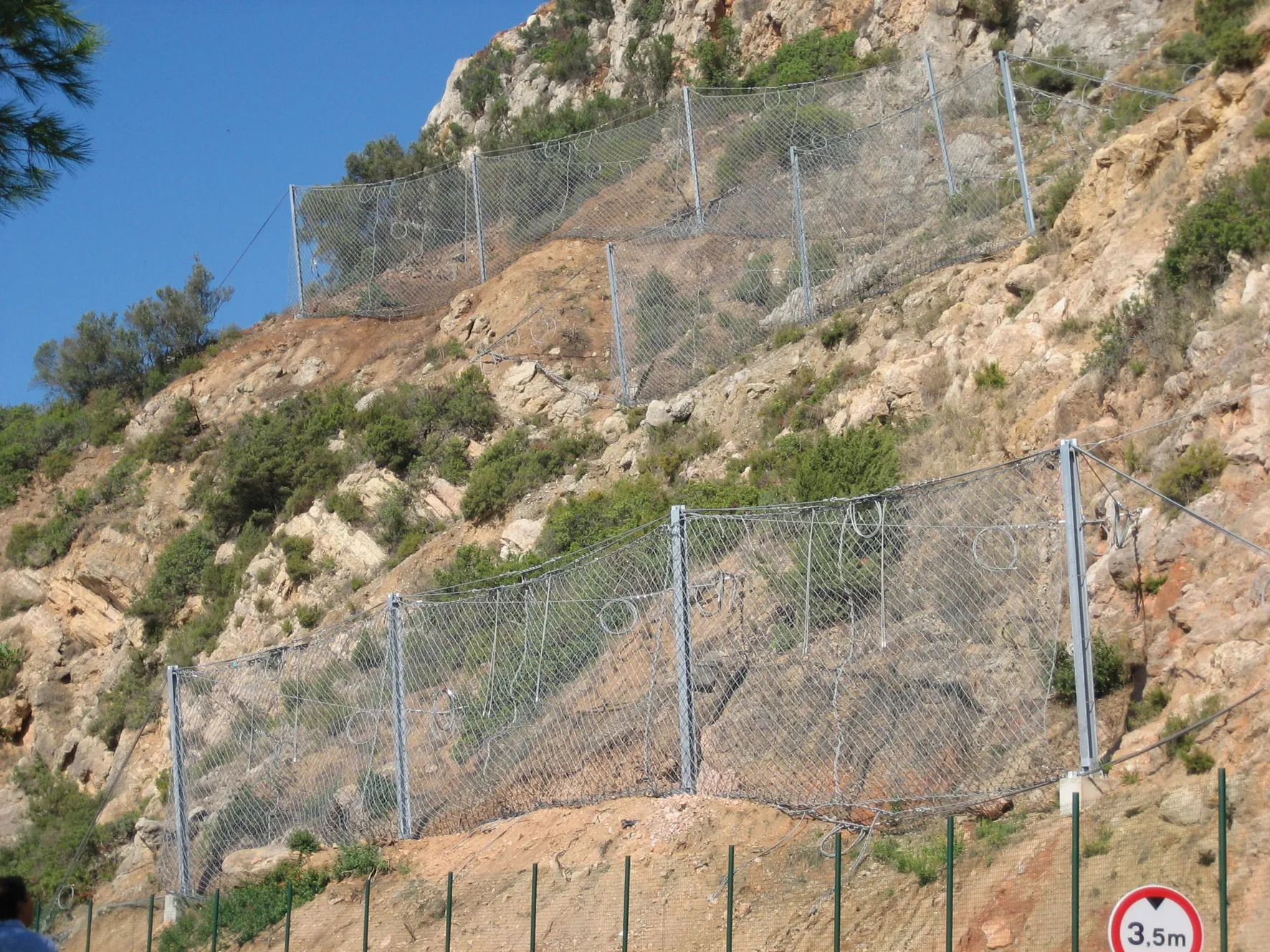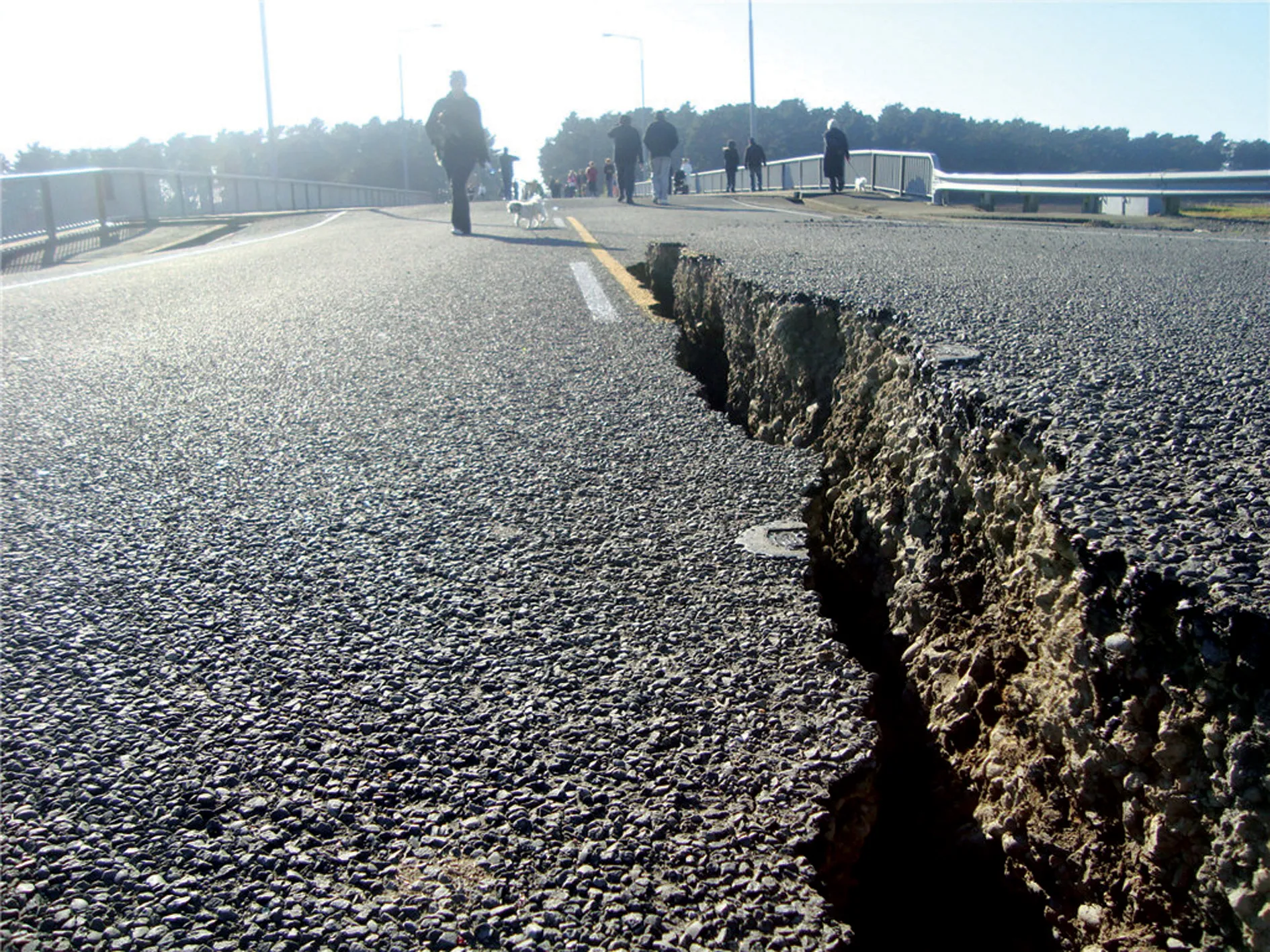GERMAN COMPANY Rud is introducing its Barriertech system, which it says is capable of stopping rocks, slides and avalanches. "Barriertech can protect highways and rail tracks from stray boulders and 'catch' landslides and avalanches before they can overwhelm the terrain and structures in their path," says the company. "Whether natural occurrences or man-made, rock falls, landslides and avalanches can be sudden and catastrophic for people and property. "No wonder that across the world, much time, money and e
February 6, 2012
Read time: 2 mins

RSSGERMAN COMPANY 5824 RUD is introducing its Barriertech system, which it says is capable of stopping rocks, slides and avalanches.
"Barriertech can protect highways and rail tracks from stray boulders and 'catch' landslides and avalanches before they can overwhelm the terrain and structures in their path," says the company.
"Whether natural occurrences or man-made, rock falls, landslides and avalanches can be sudden and catastrophic for people and property. "No wonder that across the world, much time, money and expertise is invested in predicting and containing these events." Rud, located in Aalen, close to the German Alps, has been applying 130 year experience of chain technology and advanced alloys to developing an effective defensive system.
A suspended netting system, Barriertech's energy absorbing elasticity has been tested according to ETAG27 [the European Technical Approval Guideline for rockfall protection systems]. and although capable of taking as much as 5,000kJ, it is guaranteed to a safe limit of 3,000kJ.
"Barriertech can protect highways and rail tracks from stray boulders and 'catch' landslides and avalanches before they can overwhelm the terrain and structures in their path," says the company.
"Whether natural occurrences or man-made, rock falls, landslides and avalanches can be sudden and catastrophic for people and property. "No wonder that across the world, much time, money and expertise is invested in predicting and containing these events." Rud, located in Aalen, close to the German Alps, has been applying 130 year experience of chain technology and advanced alloys to developing an effective defensive system.
A suspended netting system, Barriertech's energy absorbing elasticity has been tested according to ETAG27 [the European Technical Approval Guideline for rockfall protection systems]. and although capable of taking as much as 5,000kJ, it is guaranteed to a safe limit of 3,000kJ.








